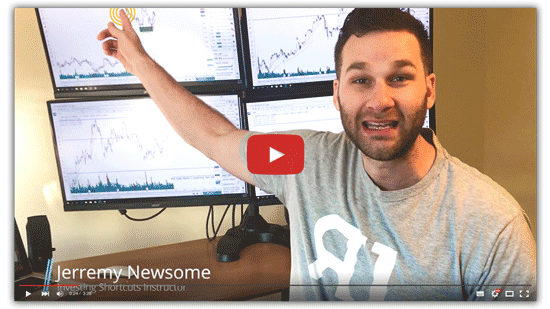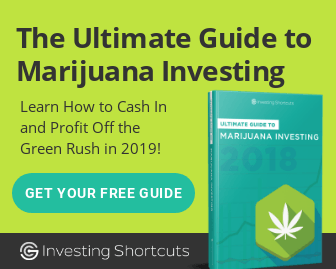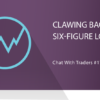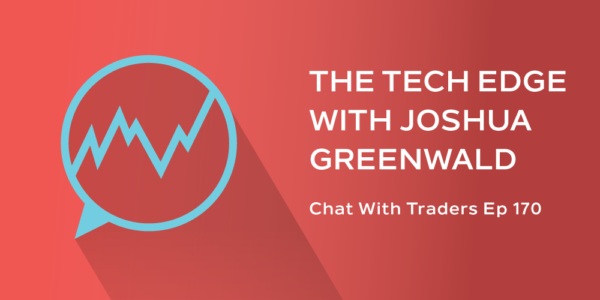
A central marketplace determines fair price from all of the information known by trading participants. The discovery mechanism of the outcry auction markets efficiently determine the equilibrium price based on the information and actions of the buyers and sellers. Investors can buy if they feel prices are undervalued, or sell if the price is higher and they anticipate them coming down.
Financial news is constantly being released around the world on an hourly basis. The job of keeping track and monitoring these never ending events is nearly an impossible task for an investor. Sometimes the best that can be done is to manage those positions that may be most greatly affected by the potential volatility of data. The questions is how to interpret market news when you get it.
Please be aware that news outlets can be driven to create a sense of emotional drama for their own business needs. Business news television programming is constantly reminding you of upcoming events to keep you engaged and watching the markets. They are driven by advertising which in turn is determined by viewing numbers to sell ads.
Keeping you in front of the television is how they pay the bills. Much of the time news is noise, which makes it more difficult to concentrate and focus on a trading plan. The short term price adjustments to the microeconomic information need to be put in the proper perspective for long term goals.
The real mystery is how to use the news for better investment results. Because of the efficiency of liquid trading markets and an abundance of opinion on both sides, news is often discounted and factored in. Most of the expectations for a report or earnings numbers are conceived prior to the release or announcement. As a result, unless the actual numbers are significantly different than anticipated price reaction may be muted.
The process of distributing fundamental news information can be somewhat complex and not necessarily instantaneous. Think about a story written for a business journal or newspaper. Facts have to be gathered and research compiled. Once the story is written it has to be edited and then it is ready for the consumer. This whole news cycle can be hours if not days before “news” hits.
Having a large knowledge base of news information is not a negative. It can help investors place current events in perspective and analyze the whole context of the markets. In essence, it is very difficult to trade specific news information but it is a piece of the overall underlying driving forces.
Depending on the market conditions, business news channels also feed on investor fears. The two sides are the fear of a market crash or the fear of missing out on opportunities. Sometimes these fears paralyze investors and they are unable to act or react. They fail to protect from a draw-down and also to recognize potential situations of value for new investments.
The cycle comes full circle where financial fears cause investors to get more information with cable business news. Uncertainties will always exist but the dependence on news to better understand market action can cause harm as well. The answer is often to harness the energy from investment anxiety and incorporate money management and risk control into trading.
The emotions of fear and greed must be managed in investing. While it may be impossible to eliminate the natural human tendencies, a trading plan can help provide discipline when learning how to interpret market news. When investment risks and rewards are planned in advance the execution of that plan is a stabilizing force for emotions.
Looking for a proven, repeatable way to make easy, higher-potential trades?
In this limited-time free training, you will learn 3 super simple tricks used to generate consistent profits from day trading weekly options…











